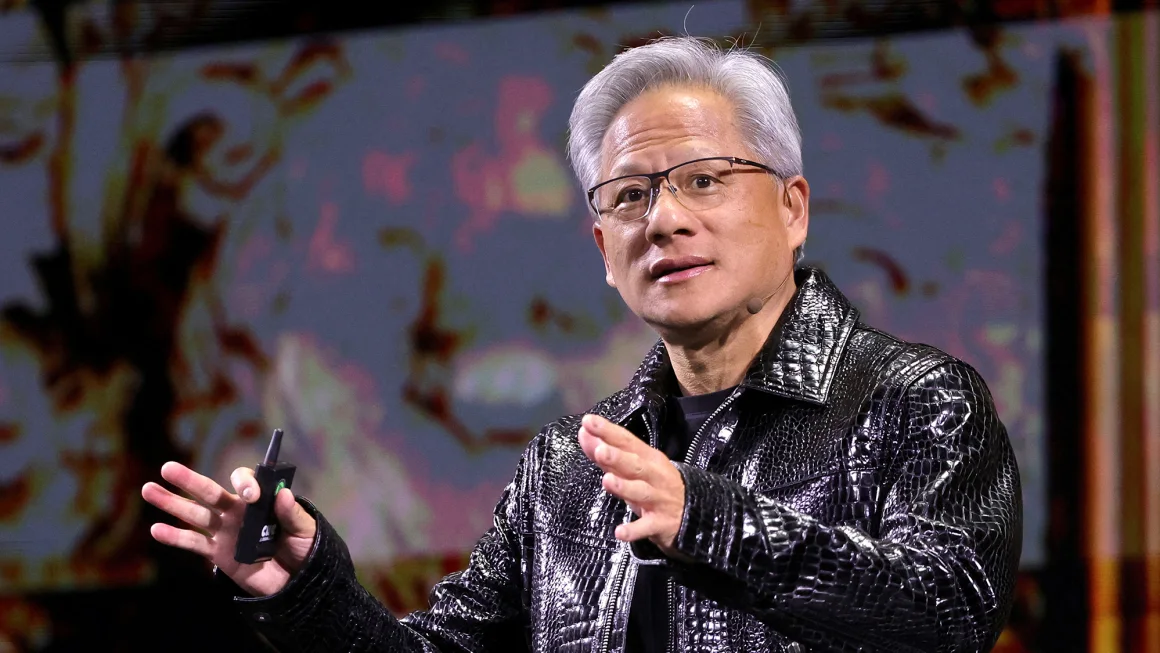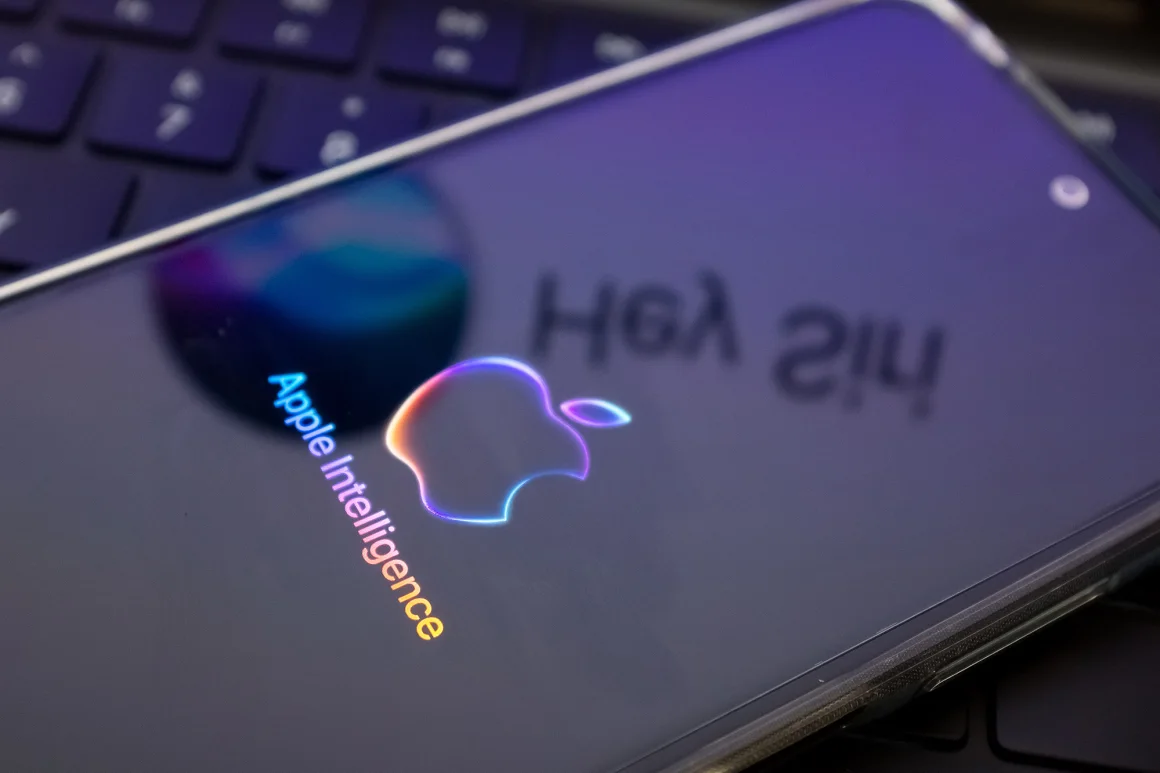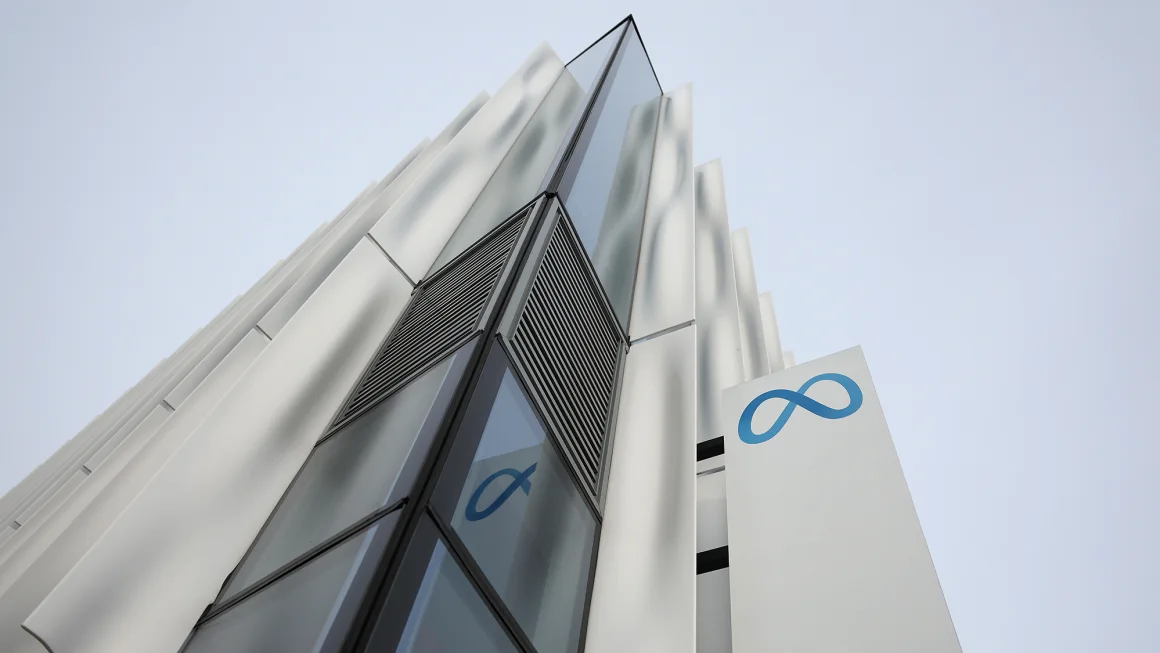Nvidia Unveils Blackwell Ultra: A Leap Towards AI with Human-like Reasoning Capabilities
- by (New York) Nour Morena
- about 9 months ago
- 220 views

At its annual GTC conference on Tuesday, Nvidia announced significant advancements in its artificial intelligence technology with the introduction of Blackwell Ultra, an upgraded chip platform designed to enhance AI's ability to reason and act autonomously on behalf of users. This next-generation platform promises to propel AI applications beyond the realm of simple chatbots, addressing more complex queries with a nuanced approach.
Building upon the existing Blackwell chip, the Ultra version boasts enhanced computing power that allows AI models to break down intricate questions into multiple components while considering various options—a process the company describes as reasoning. This capability could enable AI to offer thoughtful, tailored responses rather than just direct answers, marking a pivotal shift in AI interactions.
The surge in demand for AI chips can be traced back to OpenAI's launch of ChatGPT in 2022, which significantly boosted Nvidia's stock prices as its chips became integral to data centers powering major tech giants like Microsoft, Amazon, and Google. However, recent competition from Chinese startup DeepSeek, known for its cost-efficient R1 model and impressive reasoning functionalities, has prompted discussions about the accessibility of high-performing AI technology. Nonetheless, Nvidia's robust January earnings report indicates its continued dominance in the market.
Nvidia aims to establish its chips as foundational for reasoning models fueled by the interest generated from competitors like DeepSeek. The company claims that a query taking a minute and a half to answer on its prior Hopper chip could be resolved in just 10 seconds with Blackwell Ultra, showcasing a significant enhancement in speed and efficiency.
Major players in the tech industry, including Cisco, Dell, HP, Lenovo, and Supermicro, are already in the process of developing new server solutions based on Blackwell Ultra, with product availability anticipated in the latter half of 2025.
Experts highlight that the ability to reason will allow AI applications to address complex questions more comprehensively. For instance, an AI-powered planning tool could effectively devise an optimal seating arrangement for a wedding, taking into account family dynamics and individual preferences.
“The models are now starting to mimic a little bit of human-like behavior,” notes Arun Chandrasekaran, an analyst with Gartner, emphasizing the transformative potential of these advancements.
Nvidia is not alone in its pursuit of reasoning capabilities, as Google has also updated its Gemini models and Anthropic introduced its own hybrid reasoning model, Claude 3.7 Sonnet. These developments could pave the way for the evolution of “AI agents” capable of performing tasks autonomously, such as planning vacations based on user preferences rather than merely answering questions.
Gene Munster, managing partner at Deepwater Asset Management, asserts that the true strength of agentic AI lies in its multitasking abilities, noting that enhanced reasoning will significantly boost the effectiveness of AI assistants across various applications.






0 Comment(s)